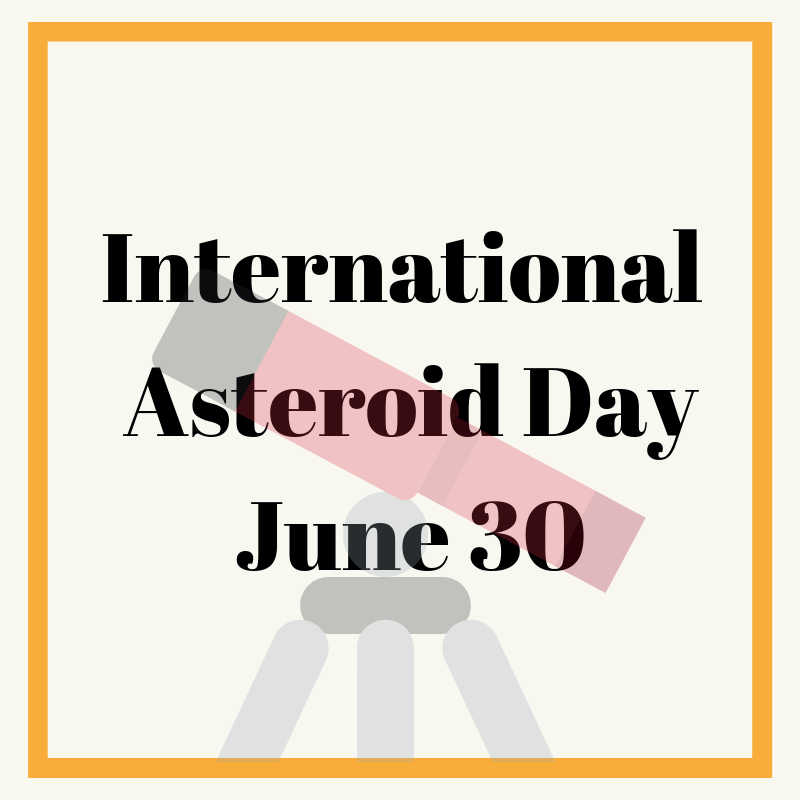
June 30, 2019, is the 5th International Asteroid Day celebrated by United Nations. The United Nations recognizes Asteroid Day as a way to create greater awareness about these massive space rocks that come hurtling towards Earth every now and then, so that humanity can, someday, save itself from them.
The main three objectives are:
- Employ available technology to detect and track Near-Earth Asteroids that threaten human populations via governments and private and philanthropic organizations.
- A rapid hundred-fold acceleration of the discovery and tracking of Near-Earth Asteroids to 100,000 per year within the next ten years.
- Global adoption of Asteroid Day, heightening awareness of the asteroid hazard and our efforts to prevent impacts, on June 30 – With the United Nations recognition, this action item has been achieved
100x Declaration
The 100x declaration calls for increasing the asteroid discovery rate to 100,000 (or 100x) per year within the next 10 years.
More than 1M asteroids have the potential to impact Earth and through all the available telescopes worldwide, we have discovered only about one percent. The 100X Declaration calls for increasing the asteroid discovery rate to 100,000 (or 100x) per year within the next 10 years. “The more we learn about asteroid impacts, the clearer it became that the human race has been living on borrowed time,” remarked Brian May. “Asteroid Day and the 100X Declaration are ways for the public to contribute to an awareness of the Earth’s vulnerability and the realization that Asteroids hit Earth all the time.”
Asteroid
Asteroids are small, rocky objects that orbit the Sun. Although asteroids orbit the Sun like planets, they are much smaller than planets
Asteroids are the minor planet of the inner solar system. Larger asteroids are known as planetoids. The asteroids that are nearest the Sun are mostly made of carbon, with smaller amounts of nitrogen, hydrogen, and oxygen, while the ones further away are made up of silicate rock.
Types of Asteroids
Based on the content of the asteroids, it is mainly 3 types
1. Dark C (carbonaceous) asteroids
2. Bright S (silicaceous) asteroids
3. Bright M (metallic) asteroids
For more details please visit United Nations Official Website
Please Subscribe Our YouTube channel – The Nurse
Like our Facebook Page: The Nurse